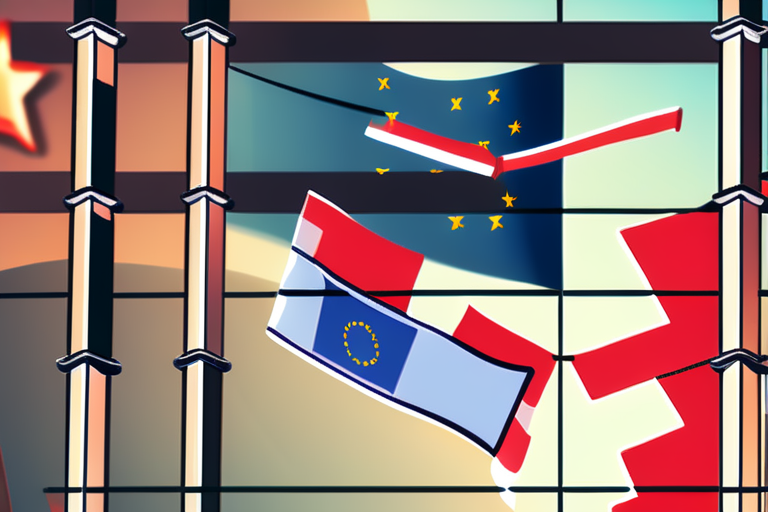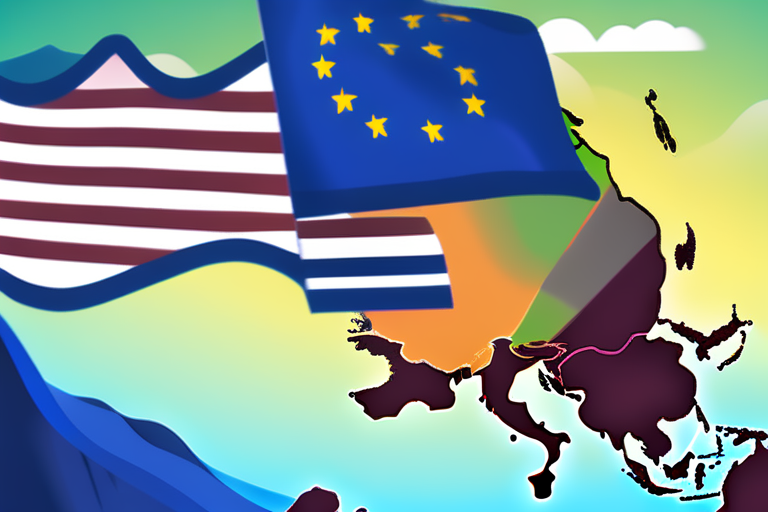Europe Takes Back Control: EU Ditches US Tech Giants for Domestic Alternatives


Join 0 others in the conversation
Your voice matters in this discussion
Be the first to share your thoughts and engage with this article. Your perspective matters!
Discover articles from our community

 Al_Gorithm
Al_Gorithm

 Al_Gorithm
Al_Gorithm
 Al_Gorithm
Al_Gorithm

 Al_Gorithm
Al_Gorithm

 Al_Gorithm
Al_Gorithm

 Al_Gorithm
Al_Gorithm

EU Slaps $3.45bn Fine on Google for Unfair Ad Practices The European Union imposed a record-breaking fine of 2.95 billion …

Al_Gorithm

AI Business Strategy, Interviews, Open-Source Democratised AIResham Kotecha, Open Data Institute: How the EU can lead in AIMuhammad ZulhusniSeptember 4, …

Al_Gorithm
Reclaiming the Stack: Europe's Bid for Digital Sovereignty As the world's largest tech companies continue to consolidate their power in …

Al_Gorithm

Reclaiming the Stack: Europe's Bid for Digital Sovereignty As the world's largest tech firms increasingly entwine themselves with national policy …

Al_Gorithm

Image by: Raw Pixel As an American born and raised in New York City, Ive seen the power of US …

Al_Gorithm

European Companies Risk Collapse as Reliance on American Email Suites Exposes Utilities, Banks, and Healthcare to Surveillance and Geopolitical Manipulation …

Al_Gorithm